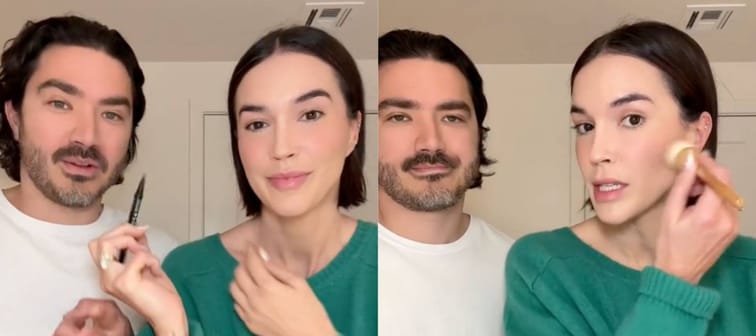1. Make a $1,000 emergency fund
The Xaviers started off with building their emergency fund. It’s important to have some cash tucked away in case of an unexpected expense, like car repairs or a big medical bill, and Ramsey recommends beginning with $1,000.
You could stash funds aside in a regular savings account, or consider a high-yield savings vehicle with a higher interest rate.
Of course, Ramsey now admits $1,000 isn't going to be enough to float you for long. You'll need to boost your fund eventually, but $1,000 should be enough to get you through an unexpected emergency without having to reach for your credit card and digging yourself deeper into debt.
Kiss Your Credit Card Debt Goodbye
Having a single loan to pay off makes it easier to manage your payments, and you can often get a better interest rate than what you might be paying on credit cards and car loans.
Fiona is an online marketplace offering personalized loan options based on your unique financial situation.
When you consolidate your debt with a personal loan, you can roll your payments into one monthly installment. Find a lower interest rate and pay down your debt faster today.
Get Started2. Pay off all your debt (except the house) using the snowball method
The debt snowball method is a repayment strategy where you pay off your smallest debt first and work your way up.
The Xaviers listed all their debts in order of smallest to largest — excluding their mortgage — and paid off their account with the lowest balance first, while making minimum payments on their other bills.
To help with their debt repayment plan, the couple also made a budget — and most importantly, they followed it.
“We were really strict,” Anthony said. “We didn't go out to eat, we were on a clothing budget, we were on a gas budget.”
This also motivated them to find other streams of income, like doing SEO work on the side and selling paper flowers on Etsy.
Dave Ramsey’s other baby steps
Although the Xaviers didn’t detail Ramsey’s other baby steps for building wealth in their video, here are the remaining five:
-
Save three to six months of expenses in your emergency fund. Once you’ve paid off your debts, you can beef up your emergency savings. Ramsey says a single-income household should aim for six months worth of expenses, while double-income households can save for three.
-
Invest 15% of your household income for retirement. Delve deeper into planning for the long term. If you have a 401(k) matching plan, Ramsey suggests maxing out your employer’s contributions and then making the maximum contribution to a Roth IRA. After that, if you still haven’t hit the 15% mark of your household’s income, put the rest into your 401(k).
-
Save for your kids’ college fund. Of course this doesn’t apply if you’re childless, or your kids are fully grown and out of the house — so many will get to skip this step. If not, consider opening up an Educational Savings Account (ESA) or a 529 college savings fund to help your kids graduate debt-free in the future.
-
Pay off your home early. Now you can finally get to that remaining debt and decide whether you want to pay your home loan off early. You could refinance if you find a better rate, or make an additional payment each quarter to help you speed up your repayment time and save yourself some interest, too.
-
Build wealth and give. Finally, you’re now free to grow your wealth. Continue contributing to your investment accounts and giving back by making a donation to your favorite charity.
Sponsored
Follow These Steps if you Want to Retire Early
Secure your financial future with a tailored plan to maximize investments, navigate taxes, and retire comfortably.
Zoe Financial is an online platform that can match you with a network of vetted fiduciary advisors who are evaluated based on their credentials, education, experience, and pricing. The best part? - there is no fee to find an advisor.






